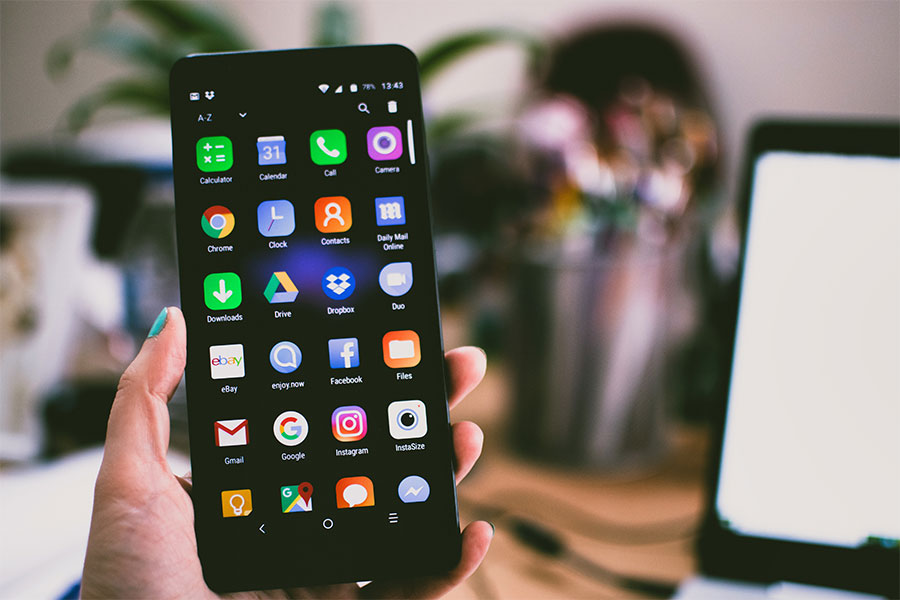
In today’s digital world, where so many things from banking to health and shopping take place over the internet, it is important to know how to stay safe. Just like you keep your house secure by locking the doors and installing cameras, one can take many basic steps to ensure our information is safe on the internet. These steps can be completed by anyone, and the term used to describe them is Digital Safety or Cyber Security. Let’s look at a few examples and compare them to securing your home to make them more relatable.
Lock the Front Door
The equivalent to securely locking your door is making sure you have a strong password for your email and other accounts. A good password should be long and complex, with a mix of letters, numbers, and symbols, in case it’s hard to remember passwords like these, there is a trick to make strong memorable passwords. Instead of a complex combination, use a memorable phrase, perhaps we can refer to our favorite t-shirt as an example and craft a password such as MyRedT-ShirtIs: $30. A password like this is guaranteed to be strong, safe, and much easier to remember.

Close your Windows
One would not one a stranger peeking into our homes, similarly, strangers can see personal information about us if we make it public. The most common place to see this mistake is social media. People often share their dates of birth, cellphone, and email. The reason to hide this information is to prevent an intruder from impersonating us in any way.
Beware of Suspicious Visitors
Make sure you know who’s knocking on your door before opening it. Imagine a stranger handing you a package at your door, would you accept it? Most likely not. The same can be said about emails and text messages, you could receive emails with the promise of a prize or free items, these are meant to trick you into clicking them and could be harmful to your device, avoid them and report them if you do not know who is sending it.

Install Security Systems
Just like we would install cameras and sensors in our homes to monitor any movement, computers can use programs such as antivirus to make sure no unwanted files come in. Viruses are intended to damage your system; therefore, we would like to get rid of them as quickly as possible. We can use the default antivirus called Windows Defender and with a quick scan solve the issue if there is a virus in our system.
By analyzing Digital Safety this way, we can clearly see the comparison between staying safe at home and staying safe online. We create strong passwords, install security systems and do not overshare our personal details. Always remember the golden rule of the internet, if it looks too good to be true, is because it is not.






















